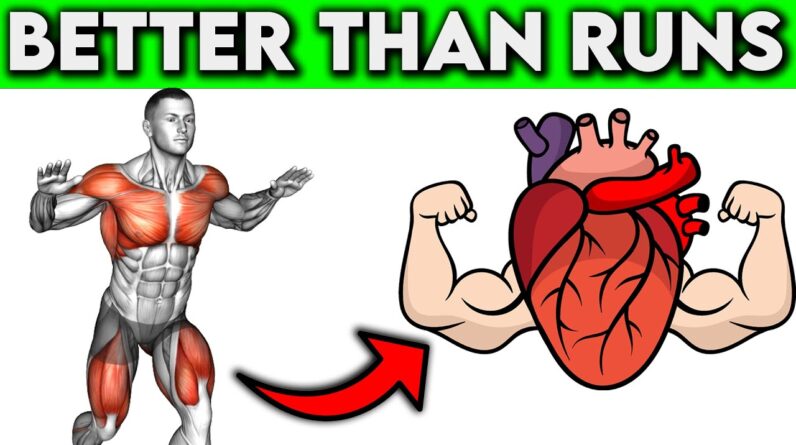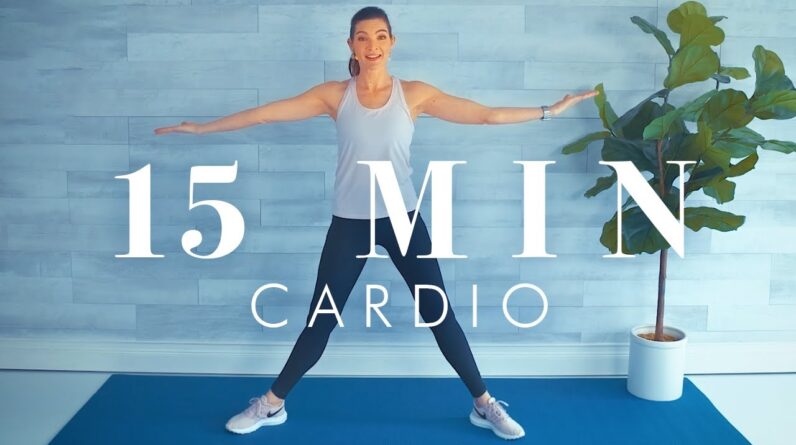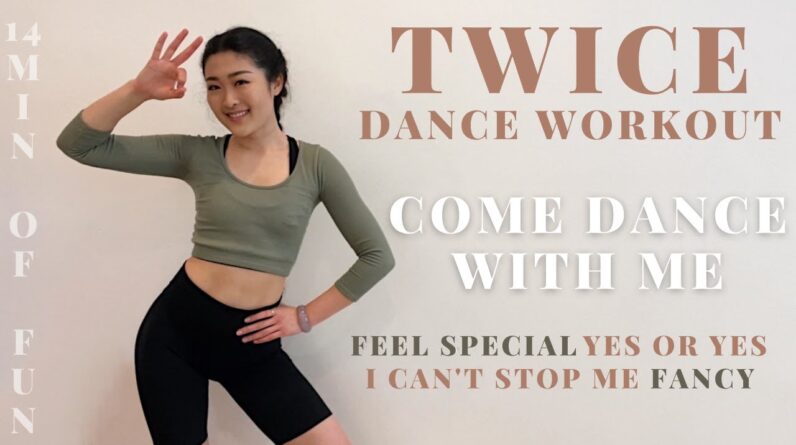
Related videos and articles
Starting a fitness program may be one of the best things for health. Physical activity can lower the risk of diseases, such as heart disease and cancer. Exercise can improve balance and the ability to move smoothly, called coordination. It can help with weight loss and boost self-esteem.
The rewards of exercise are for everyone, no matter the age, sex or physical ability.
For most healthy adults, the Department of Health and Human Services recommends these exercise guidelines:
-
Aerobic activity. Get at least 150 minutes of moderate aerobic activity a week. Or get at least 75 minutes of vigorous aerobic activity a week. You also can get an equal combination of moderate and vigorous activity. Aim to spread out this exercise over a few days or more in a week.
For even greater health benefit the guidelines suggest getting 300 minutes a week or more of moderate aerobic activity. Exercising this much may help with weight loss or keeping off lost weight. But even small amounts of physical activity can be helpful. Being active for short periods of time during the day can add up and have health benefits.
- Strength training. Do strength training exercises for all major muscle groups at least two times a week. One set of each exercise is enough for health and fitness benefits. Use a weight or resistance level heavy enough to tire your muscles after about 12 to 15 repetitions.
Regular exercise can help you control your weight. It can lower your risk of heart disease and some cancers. And it can make your bones and muscles stronger.
If you haven’t exercised for a while and you have health concerns, you might want to talk to your health care professional before starting a new fitness routine.
When making your exercise plan, keep your fitness goals in mind. Think about what you like and don’t like. Think about what keeps you from exercising. Then find ways to keep your fitness program on track.
Starting a fitness program doesn’t have to overwhelm you. Start slowly and build up over time. By planning and pacing yourself, you can make fitness a healthy habit that lasts a lifetime.
There is a problem with information submitted for this request. Review/update the information highlighted below and resubmit the form.
From Mayo Clinic to your inbox
Sign up for free and stay up to date on research advancements, health tips, current health topics, and expertise on managing health. Click here for an email preview.
To provide you with the most relevant and helpful information, and understand which information is beneficial, we may combine your email and website usage information with other information we have about you. If you are a Mayo Clinic patient, this could include protected health information. If we combine this information with your protected health information, we will treat all of that information as protected health information and will only use or disclose that information as set forth in our notice of privacy practices. You may opt-out of email communications at any time by clicking on the unsubscribe link in the e-mail.
Thank you for subscribing!
You’ll soon start receiving the latest Mayo Clinic health information you requested in your inbox.
Sorry something went wrong with your subscription
Please, try again in a couple of minutes
March 29, 2024
- Physical Activity Guidelines for Americans. 2nd ed. U.S. Department of Health and Human Services. https://health.gov/our-work/physical-activity/current-guidelines. Accessed June 9, 2023.
- Benefits of physical activity. Centers for Disease Control and Prevention. http://www.cdc.gov/physicalactivity/everyone/health/index.html. Accessed June 9, 2023.
- Tips to help you get active. National Institute of Diabetes and Digestive and Kidney Diseases. https://www.niddk.nih.gov/health-information/weight-management/tips-get-active. Accessed June 9, 2023.
- Peterson DM. The benefits and risks of aerobic exercise. https://www.uptodate.com/contents/search. Accessed June 9, 2023.
- Four types of exercise can improve your health and physical activity. National Institute on Aging. https://www.nia.nih.gov/health/four-types-exercise-can-improve-your-health-and-physical-ability. Accessed June 9, 2023.
- AskMayoExpert. Physical activity (adult). Mayo Clinic; 2022.
- Tips for starting physical activity. National Institute of Diabetes and Digestive and Kidney Diseases. https://www.niddk.nih.gov/health-information/weight-management/tips-get-active/tips-starting-physical-activity. Accessed June 9, 2023.
- 7 dynamic warm-ups, The Arthritis Foundation. https://www.arthritis.org/health-wellness/healthy-living/physical-activity/other-activities/7-dynamic-warm-ups. Accessed June 9, 2023.
- Rothschild JA, et al. What should I eat before I exercise? Pre-exercise nutrition and the response to endurance exercise: Current prospective and future directions. Nutrients. 2020; doi:10.3390/nu12113473.
- Miller M, et al. Sports nutrition. In: DeLee, Drez, and Miller’s Orthopaedic Sports Medicine: Principles and Practice. 5th ed. Elsevier; 2020. https://www.clinicalkey.com. Accessed June 9, 2023.
.








